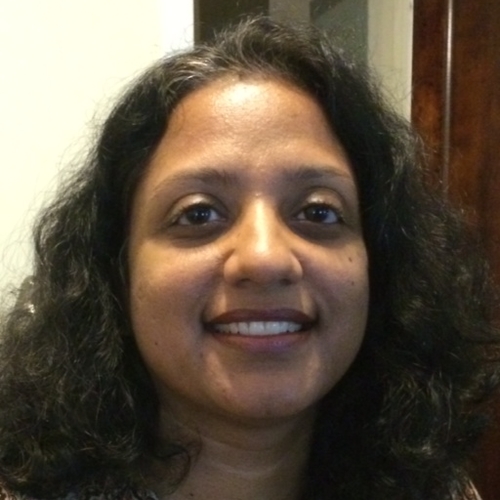
I finished my PhD from University of Texas, Austin in Spring 2013 under the joint guidance of Gail Minault and Syed Akbar Hyder. I was at Yale for a year and then started my job as at Louisiana State University in the department of history in 2014. My research lies at the intersection of intellectual, cultural and social history. My dissertation was a study of debates held on conjugality amongst Muslims of South Asia during the colonial period from late nineteenth to mid-twentieth century. In the last four years, I have worked to turn my dissertation into a book. My book departs significantly from the dissertation. I have added new material and substantially revised older chapters. The revision of dissertation produced a thematic shift for the book. While the dissertation was focused exclusively on conjugality and arrangement of marriages, critical interrogation about marriages allowed me to integrate larger questions about social ethics, sexuality, rights and women’s freedom into the understanding of family. My analysis is based on a close reading of a variety of Urdu texts relating to gender and family, an exploration of debates in the Urdu women’s magazines particularly Tahzib-e Niswan and Ismat, and analysis of Urdu novels written by women during early twentieth century.
On the Dr. Malathy Singh Visiting Fellowship at Yale University:
My fellowship at Yale has yielded productive and beneficial results in areas of teaching as well as research and brought me in contact with new faculty.
As a newly graduated doctorate student, I gained invaluable experience in teaching independently at Yale, which helped me in honing and improving my teaching philosophy and methods especially for the job market. In Fall 2013, I taught an introductory course on History of Modern South Asia and for Spring 2014, I taught a seminar on ‘Gender in South Asia.’ For my teaching, I utilized a range of materials including primary sources, academic articles, films and a visit to Yale Museum of British Art. One of the challenges that proved particularly fruitful for my teaching was discussing texts in South Asian political thought with undergraduates who came from diverse disciplines and sometimes had little academic background in South Asia. For the class on ‘History of Modern South Asia,’ for instance, we read Gandhi’s Hind Swaraj and the discussion in class focused on how beliefs and views that seems philosophically and historically distant from contemporary American culture can become meaningful and beneficial in the present. Several such interactions with students in the classroom benefitted me immensely in understanding how to teach, discuss and interpret South Asian sources with an unfamiliar audience.
The fellowship also helped me in clarifying themes and concepts that I wanted to highlight in my book that I had then only started thinking about. One of the themes of central importance in my area of research is the issue of consent. To think theoretically about consent, I attended classes in ‘Introduction to Political Philosophy’ offered by Bryan Garsten in the semester of Spring 2014. The classes helped me in thinking more carefully about notions of obligation, authority, compliance and freedom within family structures and how they relate to discussion of similar issues in my primary sources. Such reflection led me back to the archive and I gathered materials that I had previously only browsed for my dissertation research.
In addition to working on the dissertation, I also simultaneously conducted research on a parallel project involving the life and writings of Iqbalunnisa Hussain (1897-1954), a prominent educator and writer from southern India. Part of this research was included in an introduction to Iqbalunnisa Hussain’s Changing India: A Muslim Woman Speaks published originally in 1940. In writing the introduction to Changing India, I examined in detail some key events and episodes in the life of Iqbalunnisa Hussain that highlight transnational movements of early twentieth century such as International Alliance of Women and the Girl Guide movement. For my archival research, I visited Smith College in Northampton to look at Sophia Smith Collection, which houses records of International Alliance of Women. I also worked in the microfilm center at the library and examined all the microfilm records of All India Women’s Conference.
Finally, as one of the organizers of Modern South Asia Workshop, I read several submitted abstracts and worked with other members to coordinate panels and themes for the workshop. In addition to Modern South Asia Workshop, being on the organizational committee of South Asia Annual Studies Conference taught me the rudiments of writing a conference proposal and enabled me to establish personal contact with faculty that would be presenting the conference.
